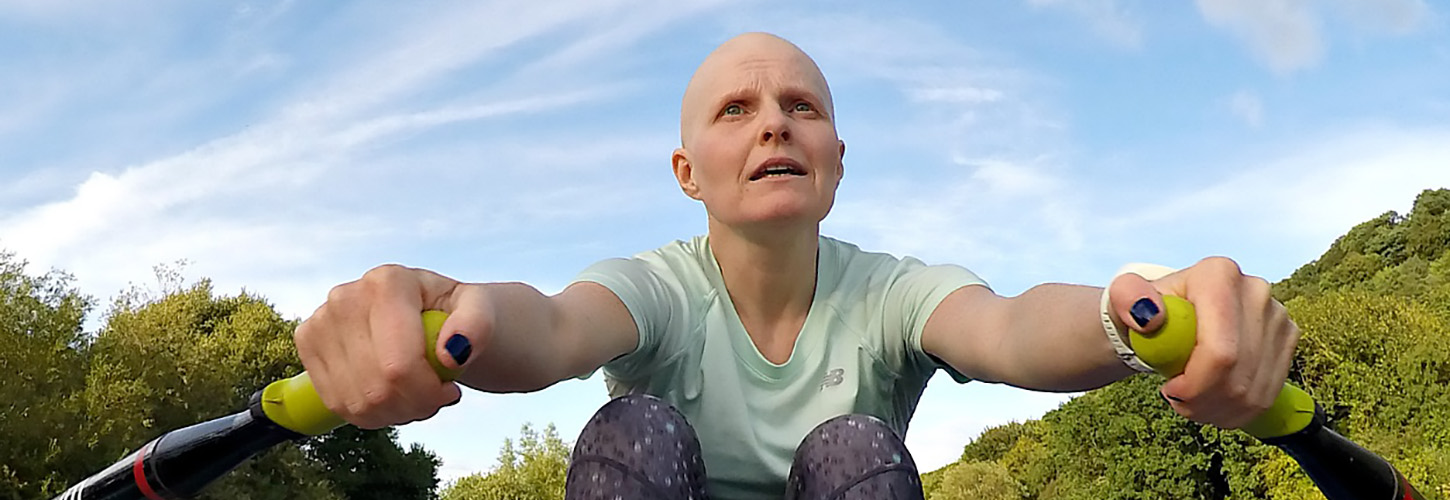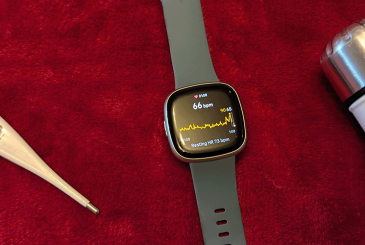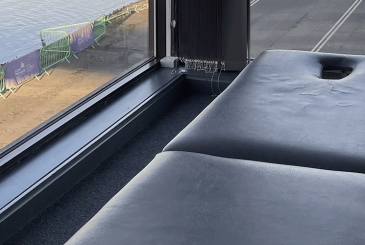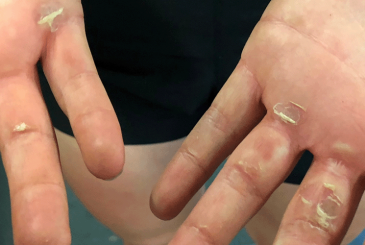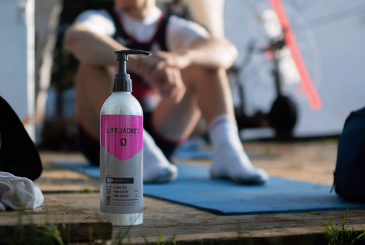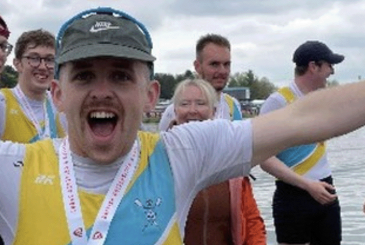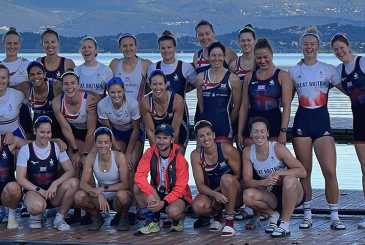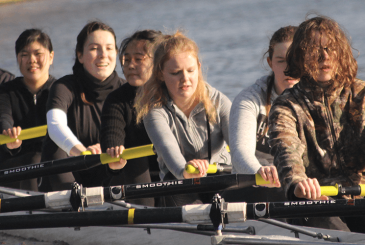A cancer diagnosis is never welcome, but it doesn’t have to mean the end of your rowing. With sensible precautions and a supportive medical team, you may well be able to continue exercising and even rowing through your treatment and beyond. Patricia Carswell talks to a medical expert and shares her own and others’ experiences
When I first heard the words, “You’ve got cancer”, my first thought was of all the rowing I was going to miss out on. I assumed that I’d be banished to the sofa, and it didn’t occur to me that I might get out on the water.
In fact, thanks to wise advice from experts and fellow rowers, I was able to keep on rowing, despite having a mastectomy, chemotherapy and immunotherapy. It made my experience of cancer treatment immeasurably more bearable, both physically and mentally.
Physician, heal thyself
Exercise is a powerful weapon in your arsenal, according to Dr Liz O’Riordan, co-author of the award-winning book, The Complete Guide to Breast Cancer. A now-retired consultant oncoplastic breast surgeon with a PhD in molecular oncology, Liz has had breast cancer herself twice and is a passionate advocate for patients. She’s also a triathlete, outdoor swimmer and strength training enthusiast.
“Aerobic and resistance exercise will halve the risk of recurrence for most of the large cancers”
Liz discovered the benefits of exercising through cancer treatment first hand, and is keen for everyone to understand that, sensibly done, exercise – particularly resistance training – can have huge benefits for cancer patients.
“There are lots of studies that have shown aerobic and resistance exercise will halve the risk of recurrence for most of the large cancers, improve bone health and improve the outcomes of surgery,” she says.
“You have to forget your Garmin, your PBs, your heart rates, your zones. You have to let your ego go.”
Dial it down
That said, knowing how driven rowers can be, Liz advises caution. “The whole point of cancer treatment, especially if you’re having chemotherapy, is that you’re being given treatments that are trying to kill cancer cells affecting all your body, and your body needs to heal,” she says. “Remember that if you go out and you do your normal training, you’re going to be more tired. It will take you longer to recover. You have to dial it down. You have to forget your Garmin, your PBs, your heart rates, your zones. And you have to let your ego go.”
Instead, Liz suggests a different attitude to exercise, rowing for sheer pleasure rather than training. “It’s also a chance to do all the stretching, and the yoga and the core work that you probably only rarely did before, just to keep the body ticking over.”
If you’re going out on the river, Liz recommends particular care. “If you’re having chemotherapy, then you need to be really wary of any damage to the skin like blisters or cuts, because infection can kill you. Be careful looking after your skin, your hands, your feet, and always put on sunscreen.” If you’re having radiotherapy, Liz warns that sweat can irritate the skin affected by the treatment. “It might be worth not doing anything that gets you hot and sweaty.”
Winner, winner, turkey dinner
As a rower, you’ll have a natural advantage during cancer treatment, as Monmouth RC rower, Colin Lewis, discovered when he was diagnosed with viral cancer in the mouth in July 2015. “Every medical person I saw said, ‘The good news is you’re fit. You’ve got cancer but you’re fit, so we can treat the cancer quite aggressively,’” he says.
With a tube inserted into his stomach, rowing and erging were out of the question so Colin worked out on an exercise bike. There were setbacks along the way, and sometimes he had to tone down his training, but he motivated himself with the goal of eating Christmas dinner (which he managed to do). He insists that the whole experience was much harder for his wife, Liz, than it was for him.
By December, Colin was able to do light rowing and erging, and less than six months after his treatment ended, competed in the 90km Heart of Holland event, raising £4,586 for the Velindre Cancer Centre. He went on to win medals that year at the British and European Masters Championships.
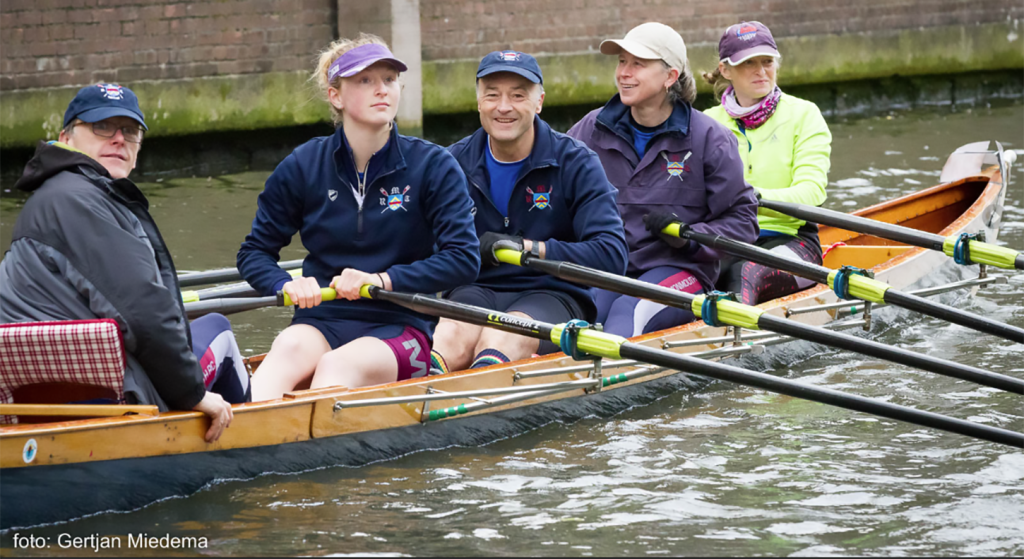
All about you
Finally, if you’re going through cancer treatment, remember that everyone reacts differently to it. How you cope with exercise won’t be the same as anyone else so don’t compare yourself with others. Listen to your body, listen to your medical team, and make your wellbeing the number one priority.
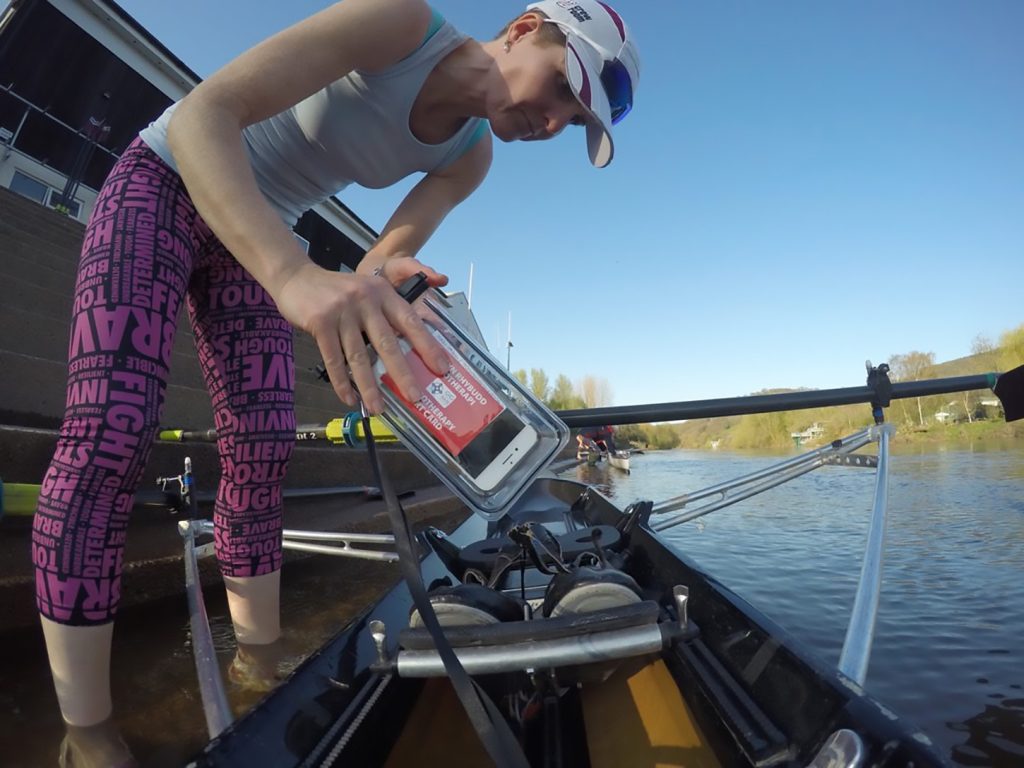
Wise words
Helene Raynsford, Paralympic and World Champion, underwent surgery and chemotherapy for breast cancer in 2013, and offered this invaluable advice when I went through my treatment:
- Exercise is a great tool, but listen to your body. A very gentle amount is good for you, but don’t ‘go training’.
- Before you go out on the water, try gentle, land-based activity first to see what you can manage.
- If you go out on the water, do small loops – fatigue can hit you like a truck out of nowhere and you don’t want to be a couple of kms from the boathouse.
- If you have a PICC line [a catheter inserted through a vein to deliver treatment], be particularly careful not to let river water near it.
- If you’re going on the river, sanitise your hands both on the landing stage and once you’re in the boat; river bacteria and goose poop do not mix with a compromised immune system.
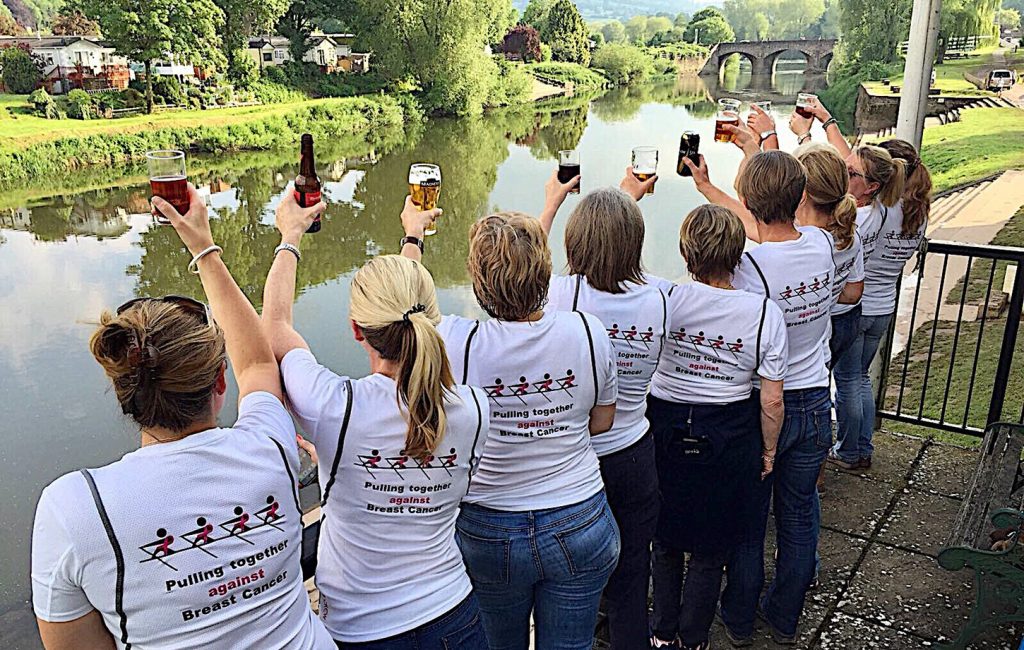
What do YOU want to read about on British Rowing Plus?
What do you find interesting here on British Rowing Plus that you’d like more of? What haven’t we covered yet that you’d like to read about?
Let us know by emailing [email protected]


